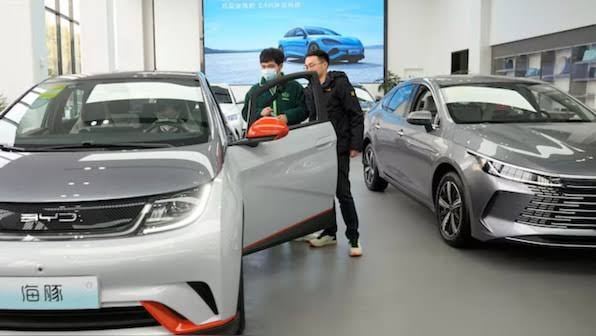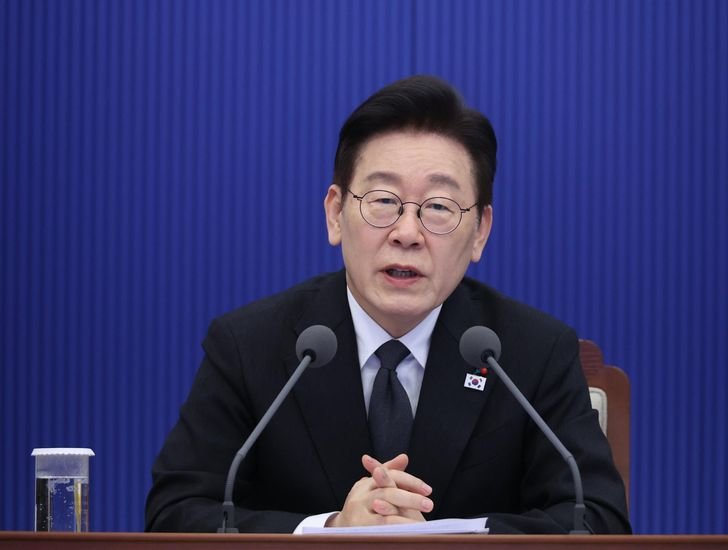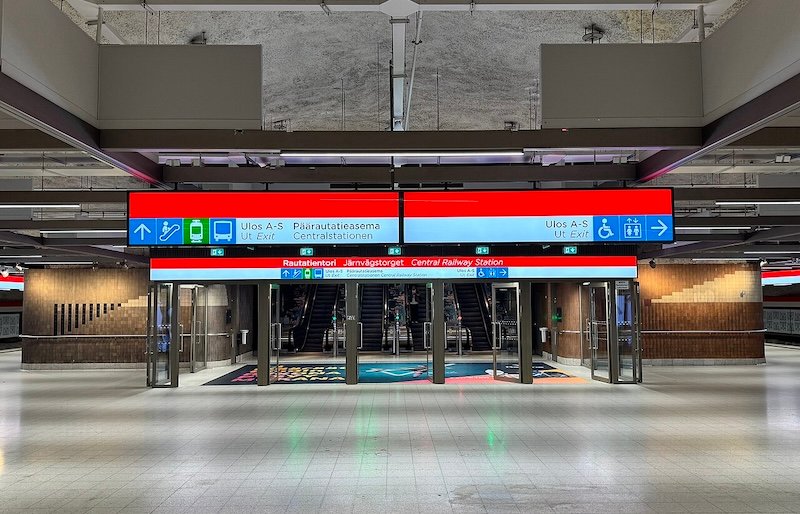Beijing, July 16, 2024, The Europe Today: China has formally requested the World Trade Organization (WTO) to establish an expert panel to address new energy vehicle (NEV) subsidies under the U.S. Inflation Reduction Act (IRA), according to a statement by the Ministry of Commerce on Monday.
China initially filed a complaint with the WTO dispute settlement mechanism on March 26, challenging the U.S. subsidies for NEVs. Following unsuccessful consultations with the United States, China has decided to escalate the case to safeguard the rights and interests of its NEV industry, the spokesperson said.
The spokesperson emphasized that China’s NEV sector has significantly contributed to global green energy transition efforts and climate change responses. The IRA, which mandates the use of products from specific regions like the United States to qualify for subsidies, excludes products from WTO members including China. This creates artificial trade barriers and increases the cost of green energy transition, the spokesperson argued.
“No matter how well-packaged or beautified, the subsidies involved are discriminatory and protectionist in nature, and violate WTO rules,” the spokesperson stated. China is committed to advancing the proceedings and taking concrete actions to uphold the authority and effectiveness of the multilateral trading system with the WTO at its core, and to safeguard global efforts to address climate change.
China initially filed a complaint with the WTO dispute settlement mechanism on March 26
The Ministry of Commerce urged the U.S. to adhere to WTO rules and cease using industrial policies that undermine international cooperation on climate change. The spokesperson reiterated China’s respect for WTO members implementing industrial subsidies in accordance with WTO rules to support green energy transition and economic development.
Under WTO dispute settlement rules, if consultations do not resolve a dispute within 60 days of the request, the complaining party may request the establishment of a panel.
“This move is a significant step to accelerate the litigation process against the United States over its IRA and warrants close attention,” said Ji Wenhua, a law professor at the University of International Business and Economics in Beijing.
Professor Ji described the U.S. measures as import substitution subsidies, which prioritize domestic over imported goods, and argued that the IRA’s rules have severely disrupted the global NEV industry and supply chains, increased the cost of energy transition, and damaged fair competition. Moreover, Ji asserted that these measures challenge the authority of the multilateral trading system.
China’s advancement of the litigation process demonstrates its firm stance in upholding the multilateral trading system and provides an opportunity for other WTO members to express concerns over related issues and jointly defend international economic and trade rules, Ji said.
Once established, the expert panel will review the facts and legal issues involved in the case and make a ruling. Based on current information, Ji noted, it is unlikely that the U.S. will be able to justify its actions under WTO exception rules, as they fundamentally violate WTO principles.
This development underscores the ongoing trade tensions between China and the United States, particularly in the realm of green energy and NEV industries. The outcome of this case could have significant implications for international trade and climate policies.














